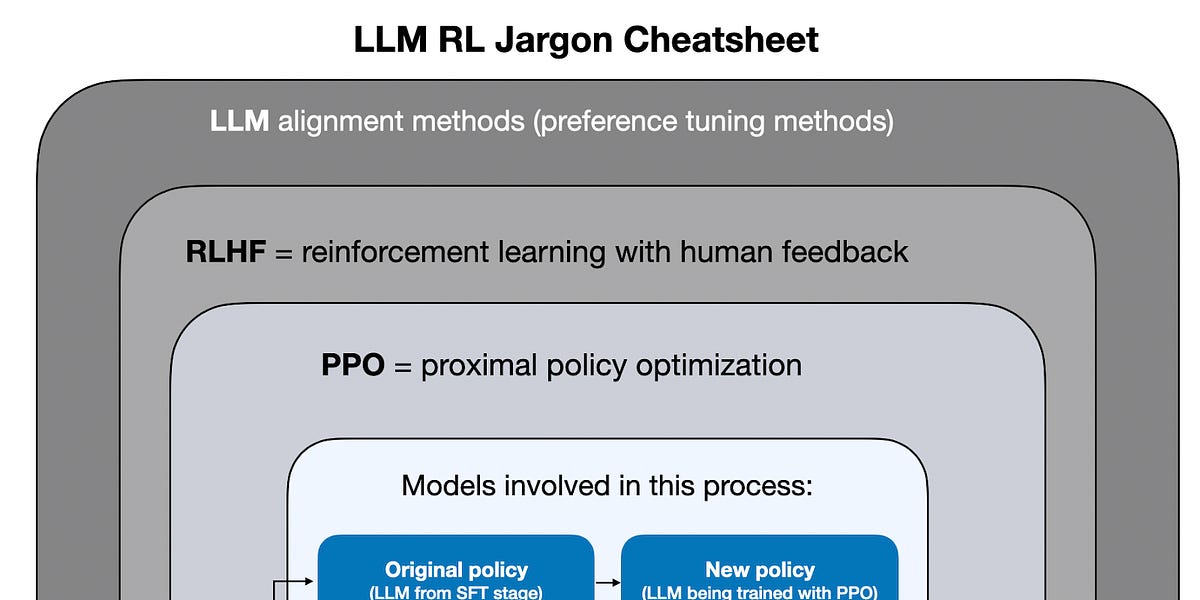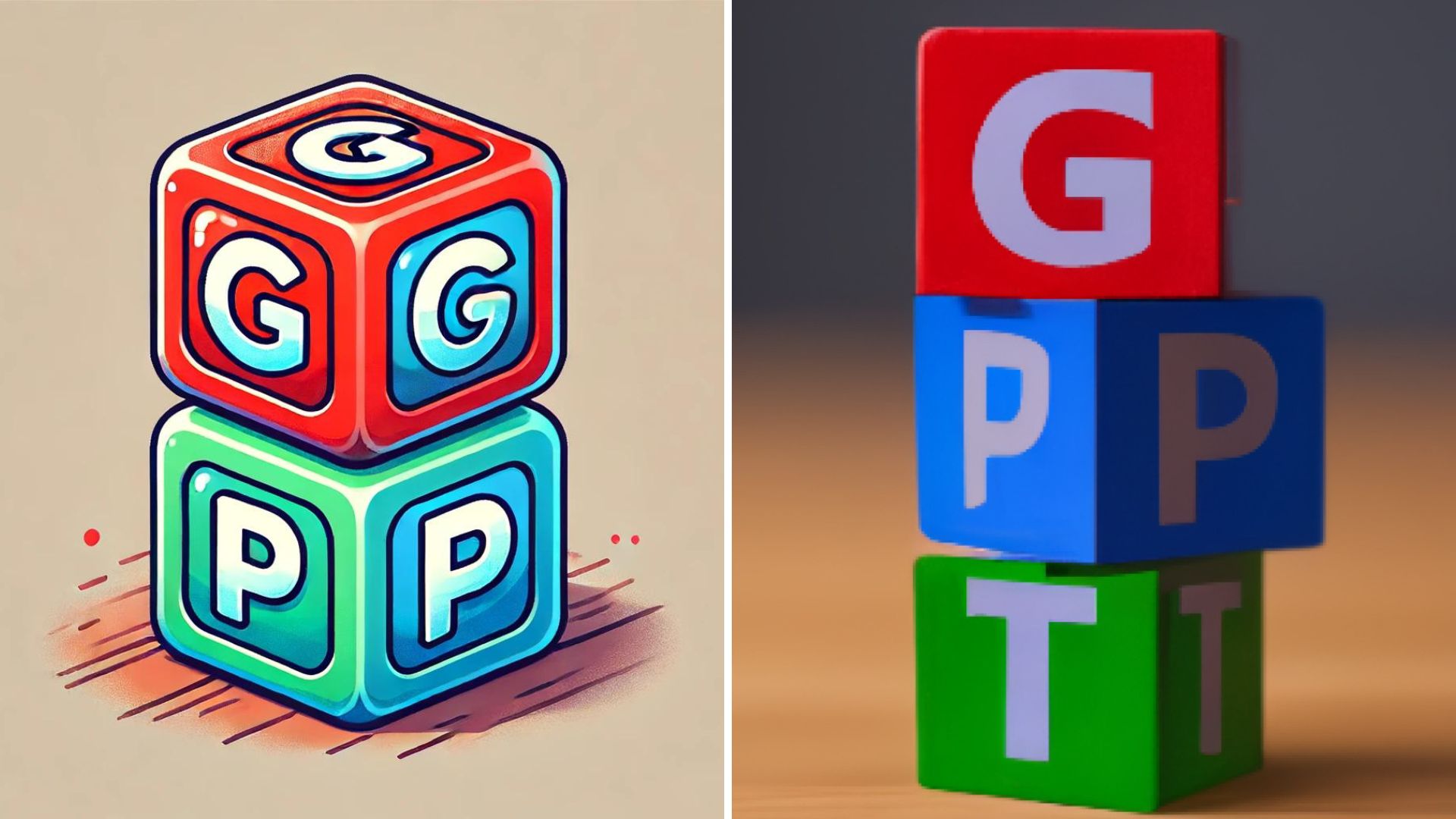From writing content to coding to generating and editing images—AI can tackle various tasks. However, for many people who typically perform these tasks themselves, there’s a certain satisfaction in the meticulous, hands-on process. These individuals are more likely to want AI to simplify their daily routines by handling the repetitive and mundane chores, freeing up their time for more fulfilling and meaningful activities.
Joanna Maciejewska, a US-based sci-fi author, made a statement last year that resonated with many on social media, humorously expressing her view on AI’s progress.
“I want AI to do my laundry and dishes so that I can do art and writing, not for AI to do my art and writing so that I can do my laundry and dishes,” she had said.
Even today, it’s hard to scroll through social media without coming across an iteration of Maciejewska’s statement. “We wanted AI to fold our laundry. Instead, we got vibe coding,” an X user recently said.
Hang in there; AI is working on folding your laundry as we speak.
But How, Or Why?
South Korean consumer electronics giant LG recently announced that its Wash Tower integrates AI in its core components to provide “total care” for the entire process, from washing to drying.
After adding the laundry to the AI Wash Tower, it determines the amount in around three seconds and immediately provides the expected washing and drying time for each course. It is also equipped with an AI Time Guidance function that learns the usage patterns, which helps it provide more accurate time estimations.
The AI integration reduces the shrinkage degree by 20% and the wear degree by 35%. LG also mentioned that identifying the material and its thickness can reduce the drying time of a thin summer quilt by up to 39 minutes. It can also reduce the vibration during the spin-dry cycle, which LG says can help prevent the laundry from clumping together.
LG uses an AI DD (Direct Drive) Motor, which analyses the material and amount of laundry and washes it with the most appropriate motion for the cleanest and least damaging results. The company announced its AI DD technology products in 2020 and has since offered a variety of AI-enabled washing machines.
Samsung, another leading South Korean home appliance manufacturer, offers a washer-dryer combo known as Bespoke AI Laundry.
The washing machine uses AI to optimise washing and driving cycles, conserve energy, automatically detect fabric types, and monitor laundry soiling, among many other features. When it was launched, Samsung sold 1,000 units of its AI washing machines in just three days in South Korea alone. In two more months, it surpassed sales of 10,000 units.
Most, if not all, of these AI-enabled washing machines allow users to remotely control various actions and settings using their smartphones. Some also integrate with voice assistants and large, touchscreen-enabled interaction systems. Besides, AI-enabled washing machines also promise better energy savings.
For example, Samsung’s AI energy mode can achieve 70% energy savings, thanks to AI-incorporated optimisations.
There’s also a booming ecosystem of AI-enabled laundry machines besides Samsung and LG. Companies like Whirlpool, Bosch, Siemens, Haier, and more companies have joined the bandwagon. Notably, Haier last year unveiled its X Series 11 washing machine, which can even recognise washing labels on clothes.
A market study by Research and Markets this month estimated that smart washing machines and dryers segment is expected to reach $33.8 billion by 2030, representing a CAGR of 10.9%.
As of today, AI-enabled washing machines cost upwards of $999 in the United States.
However, do these machines work well in real life, or is it just another case of “AI washing”—a practice where AI is used for marketing rather than actual functionalities?
AI Washing Machines, or ‘AI Washing’ Machines?
Millie Fender, a senior editor at Tom’s Guide, reviewed Samsung’s AI-enabled washing machine last year. “[AI makes a difference] in sensing the weight of my laundry and automatically dosing the correct amount of detergent, it always makes my sheets come out smelling fresh and guides me through any maintenance required,” she said.
She added that she was “sold” on the feature that automatically dispenses detergent and fabric softeners based on the laundry weight and settings.
Meanwhile, Lifehacker reviewed the LG Smart Washer, a washing machine equipped with their AI DD technology. It said that the AI wash did an “admirable” job of sensing the load of the laundry and treating it appropriately.
However, some features seem overkill for users, such as the one on Samsung’s AI washing machine, which gives users the ability to make more phone calls.
iFixit, an American website known for its online repair guides, gave Samsung’s AI washing machine a ‘Who Asked for This’ award in one of their ‘anti-awards’ ceremony.
“These add-ons only make the appliance more expensive, fragile, and harder to repair,” read the blog post.

 3 weeks ago
17
3 weeks ago
17


